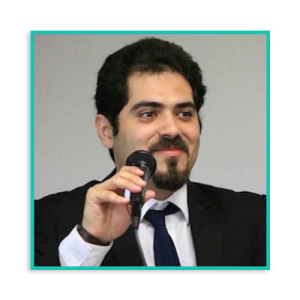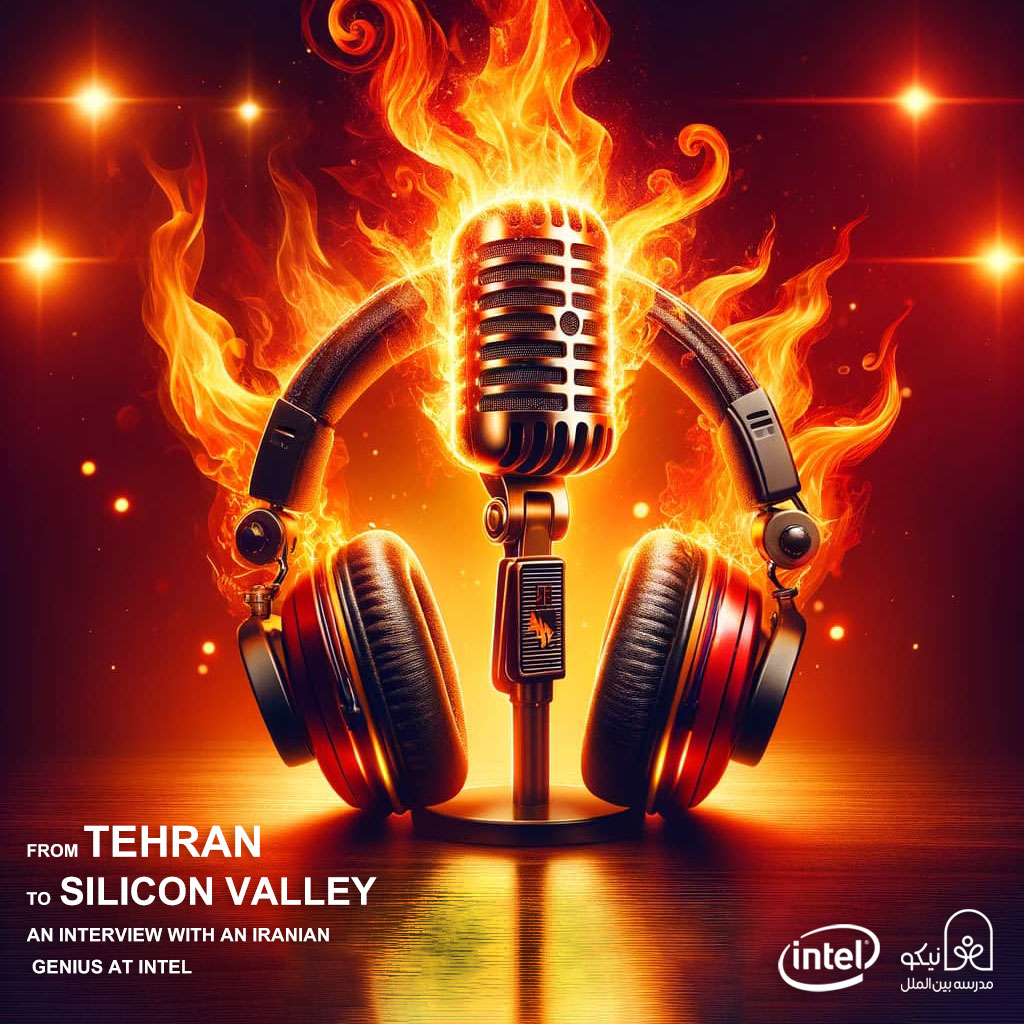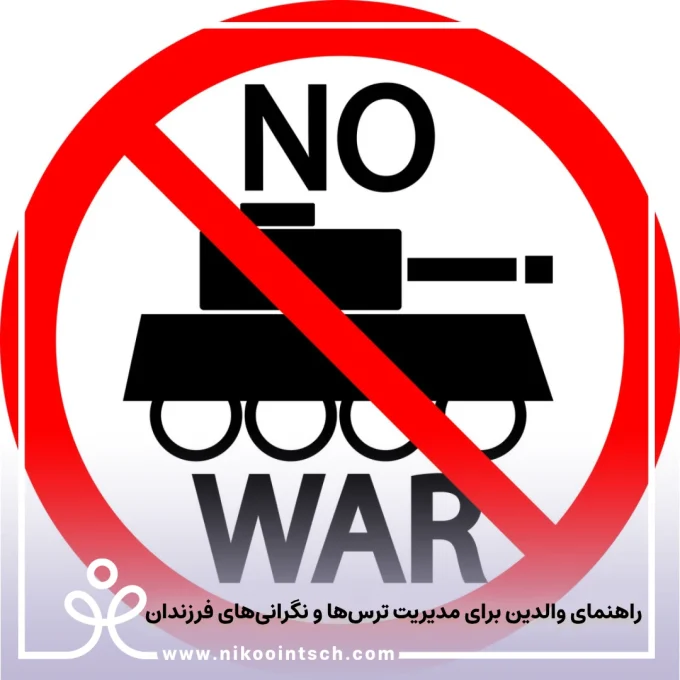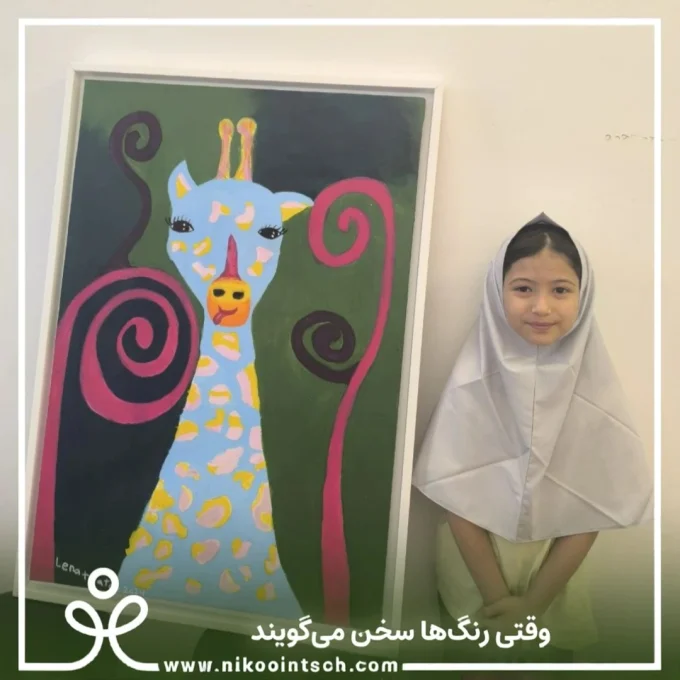Interview with Peyman Irajizad: The Success Story of an Engineer
In this interview, Seyyed Abbas Hosseini, Deputy of Information Technology at Nikoo International Educational Complex, talks with Peyman Irajizad, a successful and innovative engineer in the fields of aerospace and mechanics, who completed his education at Sharif University of Technology and then continued his postgraduate studies in the United States in pursuit of new horizons.

Educational and Professional Background of Irajizad:
After finishing his undergraduate studies in Iran, Peyman Irajizad decided to expand the boundaries of his knowledge and experience. He started with a company in Tehran and then went to the United States for further education and to expand his professional perspective. In the US, he obtained a master’s and a PhD in Mechanics and worked deeply in the fields of artificial intelligence, robotics, and nanofabrication.
Establishing a Company and Immigration:
In Tehran, Irajizad had established his own company, but he always wanted further advancement and wished to work with the giants of technology. With this motivation, he moved closer to Silicon Valley, the heart of global technology, and eventually joined the company Intel. Here, he worked innovatively in the field of computer imaging engineering and contributed to the development of artificial intelligence models that autonomously manage Intel’s factories.
Innovation at Intel:
Irajizad discusses the details of artificial intelligence’s impact on the semiconductor industry and how it allows for precise and continuous monitoring of production. He explained how artificial intelligence can oversee factories round the clock with extremely high accuracy, thus enabling increased productivity and reducing human errors.
Challenges and Impacts of Artificial Intelligence:
In another part of the interview, Irajizad discussed the current challenges in the artificial intelligence market and how this technology is changing various industries. He mentioned the impacts of artificial intelligence on the book industry and agriculture as examples.
Educational Approaches:
Irajizad advises Nikoo students to strengthen their learning skills and always seek new knowledge. He believes that more important than anything is learning how to learn.
The Importance of Teachers’ Role in Inspiring Nikoo Students:
In this part of the interview, Irajizad refers to the crucial role of teachers in shaping the future of students and boosting their motivation and focus. He believes that Nikoo teachers are not only responsible for imparting knowledge but should also act as sources of inspiration and guidance. In a world facing new scientific and technological advancements daily, it is essential that students learn how to face challenges, ask the right questions, and continually pursue learning.
Irajizad referred to his own educational experiences and said that the motivation and love for learning instilled by his teachers played a significant role in his current successes. He emphasized that teachers should teach Nikoo students how to learn from failures, be adaptable, and look for innovative solutions.
This section of the interview ends with the emphasis that Nikoo students should learn that every problem can be an opportunity for learning and advancement. Irajizad encouraged students to look towards the future with an open mind, utilize their teachers as valuable resources, and always seek new knowledge to succeed and lead in the modern world. He says, “We live in an era where every student can make a difference in the world, just believe and strive to achieve your dreams.”
Conclusion and Thanks:
At the end, Hosseini thanked Irajizad for sharing his valuable perspectives and experiences. He expressed hope that this conversation would serve as an inspiration for Nikoo students and guide them towards realizing their hidden potentials.












